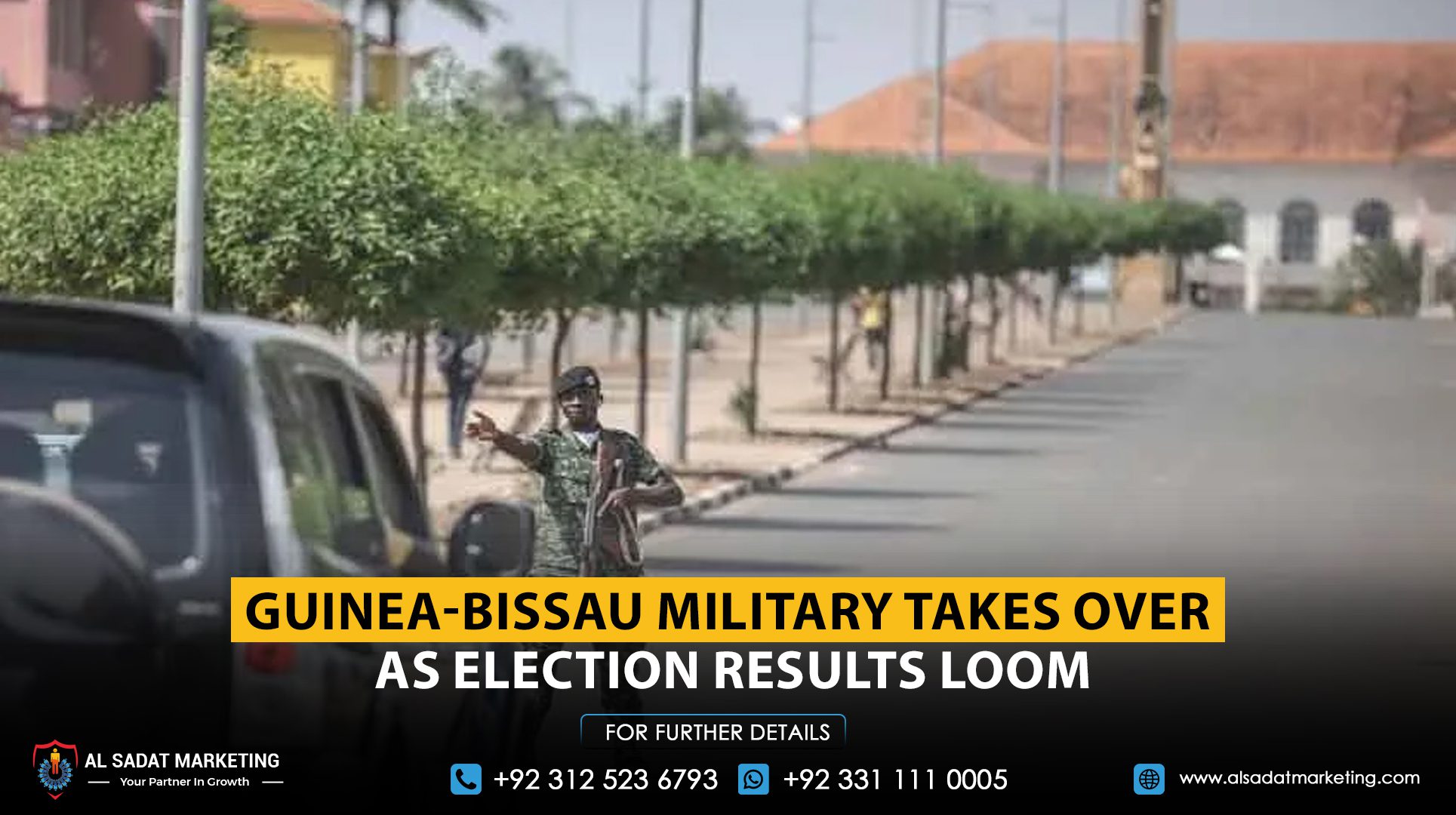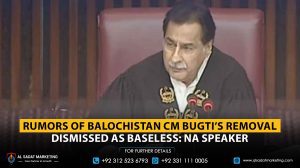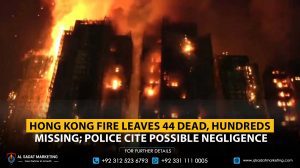A group of army officers in Guinea-Bissau announced on Wednesday that they had taken control of the country, creating new political uncertainty just hours before provisional results from a tense presidential election were expected.
The officers appeared on state television and said they had removed President Umaro Sissoco Embaló from power. They also suspended the election, closed all land, air and sea borders, and imposed a nationwide curfew until further notice. The group called itself the “High Military Command for the Restoration of Order” and claimed it now had “total control” of the nation.
The announcement came after heavy gunfire was heard in the capital, Bissau, near the election commission office, the interior ministry, and the presidential palace. Witnesses said the shooting lasted nearly an hour. No casualties were immediately reported.
The electoral commission had been preparing to release early results from Sunday’s vote, where President Embaló faced his main rival Fernando Dias. Both candidates had already claimed victory, increasing tensions.
Embaló had been hoping to become the first president in 30 years to win a second term in a country known for frequent political instability.
According to Embaló’s spokesperson, gunmen entered the election commission to stop the release of results. He claimed — without evidence — that the attackers were linked to Dias. Dias’ team did not comment immediately, but former prime minister Domingos Simões Pereira, who supports Dias, denied the accusation. He said Dias was meeting election observers when the gunfire began and confirmed he was safe in Bissau.
Reporting from Senegal, Al Jazeera’s Nicolas Haque said Embaló’s location was unclear, although the presidential palace was heavily guarded by forces loyal to him. “What we know for sure is that the military is definitely in charge of the country today,” he said.
Guinea-Bissau has a long history of coups and attempted coups — at least nine since independence from Portugal in 1974. Embaló has claimed to survive three coup attempts since taking office in 2020.
Critics accuse him of weakening democratic institutions and using political crises to justify crackdowns, but he denies these claims.
With the military now in control and the election halted indefinitely, Guinea-Bissau enters yet another period of political uncertainty, with no clear plan for returning to civilian rule.










